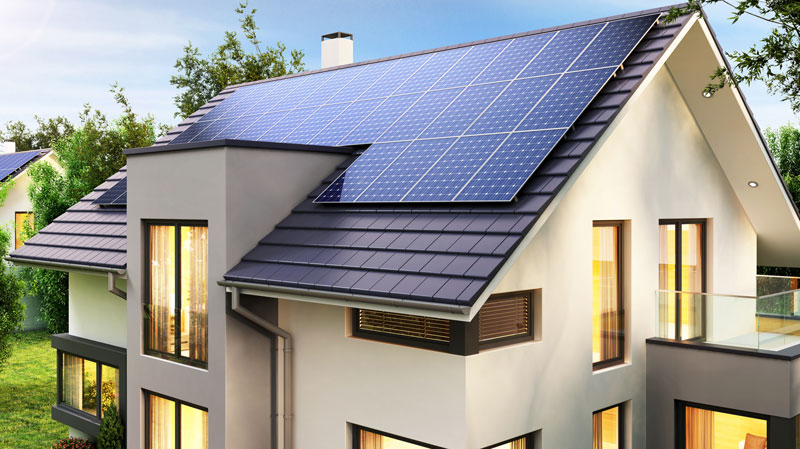Sales can be a complicated process, but with the right approach, success can be found. At Energy Service Partners (ESP), we work with qualified solar sales reps who understand how to convey the benefits of solar panel installation without giving an over-the-top pitch or making outrageous promises that are sure to fall through. There are many ways to be a good salesperson, but at the same time, there are some ways that one can fail spectacularly when trying to convince someone to invest in solar panels.
In today’s blog, we’ll look at some ways that sales reps and homeowners can be on the lookout for bad practices, shady tactics, and deals that are likely too good to be true.
For Solar Sales Reps
1. Over Promising and Under Delivering
As a salesperson, your job is to get someone to buy something, whether that’s a new car, a new piece of technology, or a solar energy system. It can be very easy to over promise and under deliver in sales, simply because you want to close the deal as quickly as possible. You don’t want to tell a customer that their new panel system will be installed in a month, when you know full well that it will be at least two months before the first panel will go up. The temptation to get someone to sign on the dotted line shouldn’t be so intense that you’re willing to promise things you know you can’t deliver.
Instead, be realistic about the timeline surrounding the engineering, procurement, and construction (EPC) of their new solar panel system. At ESP, we take pride in being a quality solar EPC, and we’ll make sure we deliver on our end when it comes to keeping your customers happy.
2. Don’t Assume the Customer’s Knowledge Level
When you’re out in the field, making sales calls and talking with potential leads, it can be easy to assume that a customer knows more or less than they actually do about solar. It’s beneficial to be equipped with all the knowledge you can about solar, so that when you encounter a customer who’s brand new to the idea, you can provide them with all of the necessary information. On the other hand, when you have a customer who’s done their research, you can confirm what they already know, while also correcting any misconceptions or misinformation they have about solar power (kindly, and with professionalism, of course).
For Homeowners
1. Too Good to Be True
For any homeowner who’s looking at solar panels for their house, the old adage of “it if seems too good to be true, it is,” can definitely apply. If you’re talking with a sales rep who’s making it seem like you could have panels on your house within the week, it’s good to take a step back and reassess things. Ask questions and get confirmation, in writing, of what the sales rep says will be done and when it will be done. It’s always good to have a way to hold a salesperson accountable, especially when it’s your money being invested.
2. Do Your Research
There are a number of solar sales companies out there that promise they have the best prices and the best turnaround times. Solar panel installation has changed over the years, and while the process has become quicker and prices have decreased, you’ll still want to research the companies in your area that offer solar power systems. If you’ve gotten a call from any solar dealer or provider, let them know that you’d like to do a little more research and that you’ll contact them when you’re ready to move forward. That way, you can set your own timeline and choose which solar company you want to do business with.
Learn More Today
Whether you’re a salesperson or a homeowner, it’s important to be aware of shady tactics and promises that are too good to be true. For sales, take the time to develop ethical, professional practices that will not only help open more doors, but also help close more deals. For homeowners, don’t be afraid to ask questions and to request more information before you sign on the dotted line.
